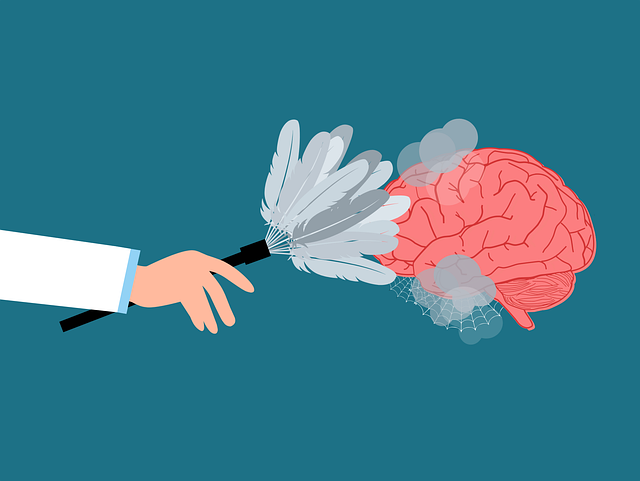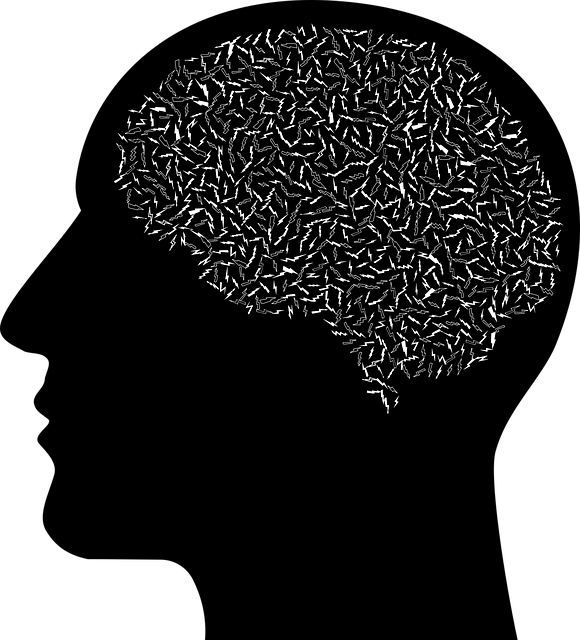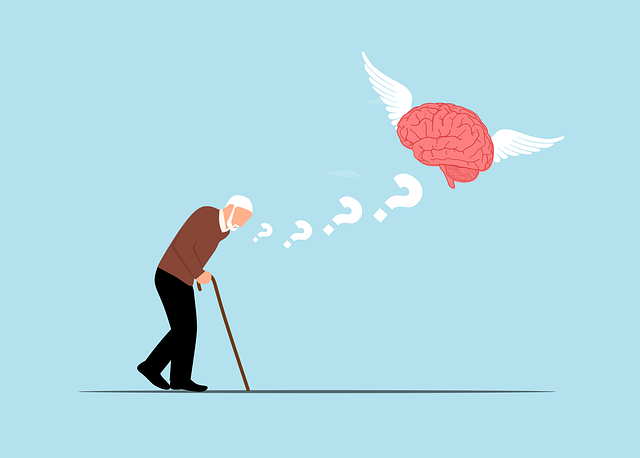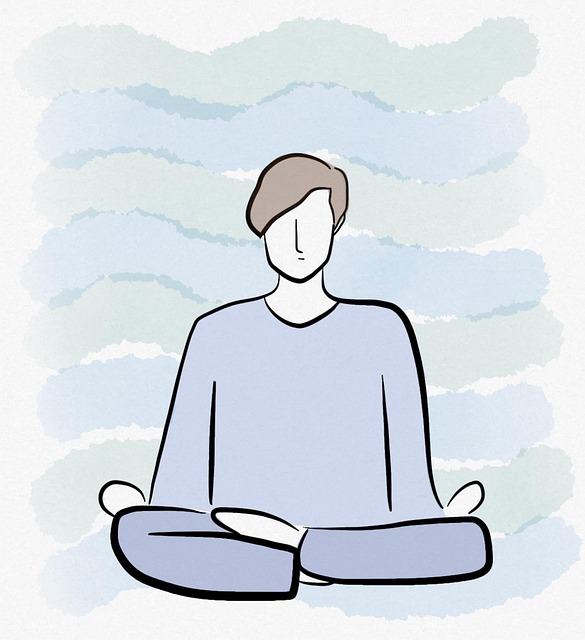Mental wellness is a holistic concept that includes emotional, psychological, and social health. Journaling, as a tool, aids in navigating and enhancing mental wellness by promoting self-expression, coping skills, empathy, and self-awareness. It helps individuals track progress, overcome Centennial Relationship Issues, reduce stigma, and cultivate healthier mindsets. Through structured journaling with prompts, free-writing, gratitude exercises, and community groups, people can engage in self-reflection, uncover emotional triggers, and improve their mental wellness journey. Integrating Centennial Relationship Issues Therapy into journaling provides a powerful method for personal growth, tracking progress, and understanding the roots of distress. Therapists often recommend journaling as a complementary practice to therapy sessions and community outreach programs.
“Unwind your mind’s intricate pathways through the transformative power of mental wellness journaling. This comprehensive guide navigates the benefits of this effective therapy, from understanding its profound impact on mental health to setting up a personalized space for reflection.
Explore diverse journaling exercises, learn to incorporate insights from Centennial Relationship Issues therapy, and discover methods to track your progress. Embrace self-discovery and gain control over your mental wellness journey.”
- Understanding Mental Wellness and its Journaling Benefits
- Setting Up Your Journal for Effective Therapy
- Exploring Different Types of Journaling Exercises
- Incorporating Centennial Relationship Issues into Your Journal
- Reflecting, Tracking Progress, and Seeking Professional Support
Understanding Mental Wellness and its Journaling Benefits

Mental wellness is a holistic concept encompassing our emotional, psychological, and social well-being. It involves managing stress, cultivating positive moods, and fostering meaningful relationships. Understanding mental wellness is crucial as it forms the foundation for a fulfilling life. Journaling has emerged as a powerful tool to navigate and enhance mental wellness, offering individuals a safe space to express their thoughts and emotions.
Through regular journaling practices, one can develop essential coping skills, such as self-reflection and problem-solving strategies. It encourages self-awareness, helping individuals identify triggers for negative thoughts or behaviors, ultimately leading to personal growth. Compassion cultivation practices within journaling foster empathy and kindness towards oneself and others, which is vital for healing relationship issues and seeking therapy. By documenting experiences and emotions, individuals can track their progress, boost self-esteem, and develop a healthier mindset, addressing challenges like Centennial Relationship Issues in a more manageable way.
Setting Up Your Journal for Effective Therapy

Setting up your journal can be a powerful first step in your journey towards healing and understanding your mental wellness. Consider it as establishing a dedicated space for self-reflection and growth, akin to cultivating a centennial relationship with yourself. Start by choosing a private, quiet place where you won’t be disturbed. Select a physical journal that feels right; it could be a beautiful notebook or even a digital document. Structure your pages with prompts tailored to your specific needs. Include sections for tracking moods, identifying triggers, and exploring thoughts, much like navigating through complex risk assessment for mental health professionals.
Don’t shy away from incorporating self-care practices within these pages. Dedicate space for gratitude exercises, affirmations, or creative outlets like drawing or writing poetry—all of which contribute to reducing the mental illness stigma and fostering a healthier relationship with your mind. Remember, this is a safe, private realm where you can freely express yourself without judgment.
Exploring Different Types of Journaling Exercises

Journaling is a versatile tool for exploring one’s mental wellness, offering various exercises to cater to different preferences and needs. One popular form involves free-writing, where individuals express their thoughts and feelings without censorship, fostering self-awareness and self-acceptance. This method encourages the exploration of emotions, especially in addressing complex Centennial Relationship Issues that may arise in therapy.
Another effective approach is guided journaling, providing prompts or questions to stimulate reflection on specific topics such as daily experiences, achievements, or even setting personal goals. This technique can enhance self-esteem improvement by encouraging individuals to acknowledge their successes and progress. For instance, prompts like “What am I grateful for today?” or “What challenges did I overcome this week?” can foster a sense of accomplishment and resilience. Moreover, community outreach program implementation through journaling groups can create a supportive network, offering unique perspectives on shared struggles while promoting stress reduction methods.
Incorporating Centennial Relationship Issues into Your Journal

Incorporating Centennial Relationship Issues into your mental wellness journal is a powerful tool for self-reflection and personal growth. These long-term, deeply ingrained patterns can often manifest as recurring themes in our lives, affecting our current relationships and overall mental health. Journaling allows you to identify these issues and explore their origins through introspection. Start by dedicating a section of your journal specifically for Centennial Relationship Issues Therapy. Write about significant connections from your past, present, or even fictional scenarios that resonate with your experiences.
By doing so, you can uncover underlying beliefs and behaviors related to relationships, which often require professional intervention like those offered in Mental Wellness Coaching Programs Development. This process facilitates Depression Prevention by promoting self-awareness and empowering you to take charge of your mental health. Additionally, it aids in Risk Management Planning for Mental Health Professionals by providing a detailed record of personal insights, making therapy sessions more effective and targeted.
Reflecting, Tracking Progress, and Seeking Professional Support

Engaging in regular reflection through journaling can serve as a powerful tool for navigating and resolving Centennial relationship issues therapy. By dedicating time to record thoughts and emotions, individuals can gain valuable insights into their mental wellness journeys. This introspective practice allows one to track progress over time, identify recurring patterns, and better understand the root causes of distress. For instance, reflecting on emotional responses during stressful events or challenging interactions can help uncover underlying triggers, enabling more effective coping mechanisms.
Furthermore, journaling provides a safe and private space to document improvements or setbacks. This tracking process motivates individuals to persist in their mental wellness journey and celebrate achievements. It also serves as a reference point when seeking professional support. Therapists often encourage clients to share journal entries during sessions, facilitating a deeper exploration of thoughts and feelings. This integration of journaling into therapy complements other initiatives like Mindfulness Meditation or Stress Management Workshops Organization, fostering a holistic approach to well-being. Community Outreach Program Implementation can also benefit from these reflective practices, as it empowers individuals to share their stories and support one another in addressing Centennial relationship issues.
Mental wellness journaling is a powerful tool for self-reflection and healing. By combining the practice of writing with an understanding of mental health benefits, individuals can effectively manage their emotional well-being. Through structured journaling exercises that cater to various therapeutic needs, one can explore and process complex emotions, including Centennial Relationship Issues Therapy. Regular reflection and tracking progress enable personal growth and the development of coping strategies. Remember, seeking professional support alongside self-care practices like mental wellness journaling can greatly enhance overall mental health and resilience.














